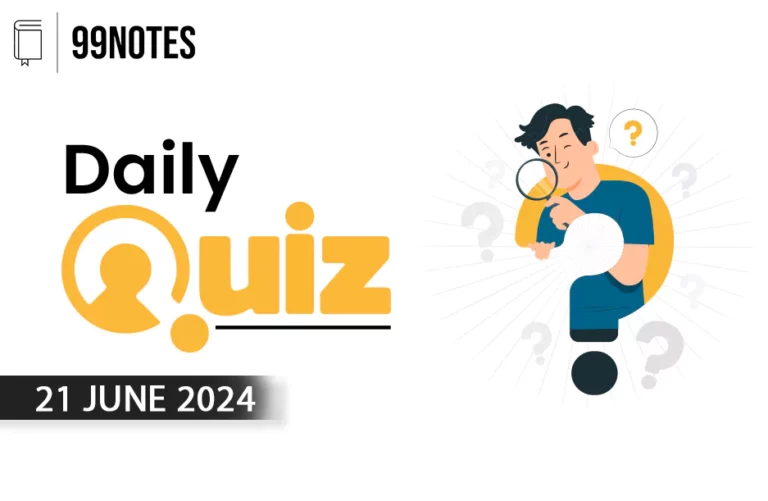30-May-2025 Daily Answer Writing
Q1) Critically examine the ethical, legal, and diplomatic challenges posed by India’s efforts to curb transnational drug trafficking through bilateral and regional cooperation.
(GS2, 15 Marks, 250 words)
Answer:
India’s geographical location, with proximity to the ‘Golden Crescent’ and ‘Golden Triangle’ drug-producing regions, makes it highly vulnerable to cross-border drug trafficking. The government’s policy response combines law enforcement, international cooperation, and border surveillance.
Legal Measures:
-
The Narcotic Drugs and Psychotropic Substances (NDPS) Act, 1985 criminalizes drug trafficking with stringent penalties.
-
However, implementation faces challenges such as procedural delays, misuse, and limited rehabilitation measures for victims of substance abuse.
Ethical Challenges:
-
Excessive penal focus often criminalizes addicts rather than treating addiction as a health issue.
-
Minor couriers, often coerced or unaware, face harsh legal consequences.
-
Ethical concerns arise when security agencies prioritize seizures over rehabilitation or community support.
Diplomatic Dimensions:
-
India collaborates with SAARC nations, the UNODC, and BIMSTEC for cross-border intelligence sharing.
-
However, geopolitical tensions with neighbours like Pakistan affect the effectiveness of such cooperation.
-
Border fencing, surveillance tech, and drone monitoring are increasingly deployed but have diplomatic implications, particularly in sensitive border regions.
Recent Developments:
-
The Indian Navy’s operations in the Arabian Sea and Gujarat Coast have intercepted major consignments.
-
The NCB has launched coordinated crackdowns, but inter-agency coordination remains weak.
Conclusion:
A holistic policy must combine legal reform, health-centric addiction treatment, technological upgrades, and regional diplomacy. Without balancing enforcement with ethics and cooperation, India’s efforts may remain reactive rather than preventive.
Read More – 29 May 2025 : Daily Answer Writing


